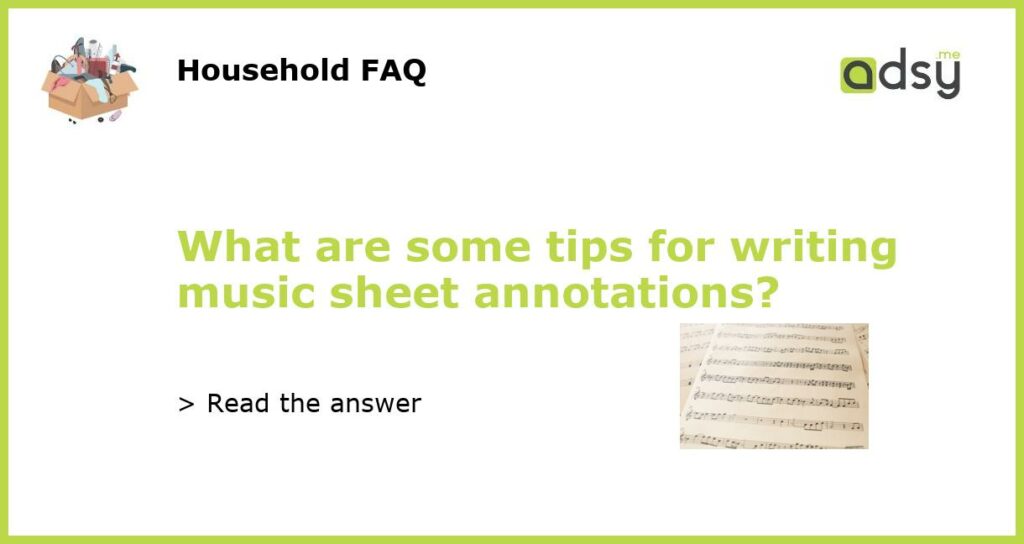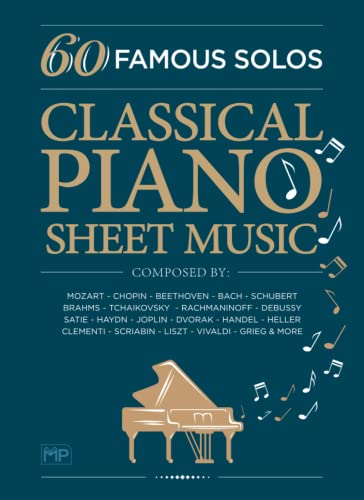Understanding the Purpose and Benefits of Sheet Music Annotations
Sheet music annotations serve as helpful guides to musicians when learning or performing a piece. Annotations can provide valuable information on things like phrasing, dynamics, expression, and fingerings. By adding annotations to sheet music, musicians can improve their understanding and interpretation of music. Additionally, annotations can save time in rehearsal and performance by allowing musicians to focus on specific sections they need to work on.
Choosing the Right Annotation Techniques
When it comes to adding annotations to sheet music, there are several techniques to choose from. Some popular methods include marking up the score with symbols or abbreviations, using highlighters or colored pens, and writing notes directly onto the sheet music. It’s important to choose a style and technique that works for you and is easy to read and understand. Consistency is also key to ensure that you can easily follow your annotations each time you play the piece.
Adding Clear and Concise Annotations
When writing annotations, it’s important to be clear and concise to avoid confusion. Use simple and consistent markings and symbols to convey information. Use abbreviations only when they are commonly understood, or clarify them if necessary. Avoid writing long sentences or paragraphs in your annotations, instead use succinct phrases or bullet points to provide information quickly and effectively.
Getting the Most Out of Annotation Markings
To get the most out of your annotations, it can be helpful to use them as a guide for practice and performance. Identify areas of the music that require extra attention and mark them with a symbol or color. Use annotations to keep track of technical challenges or to remember to breathe at certain points. Additionally, consider taking notes on rehearsal or performance notes to improve future practice sessions.
Using Technology for Annotation
With the advancements in music technology, there are many digital tools available to help musicians annotate sheet music. Programs like Sibelius or Finale allow musicians to add electronic annotations to music scores that can be easily saved, edited, and shared. Additionally, apps like forScore and Newzik provide digital sheet music readers with annotation features built-in. Using technology can provide many benefits, including the ability to easily make changes, share annotations with others, and view annotations on digital devices.






